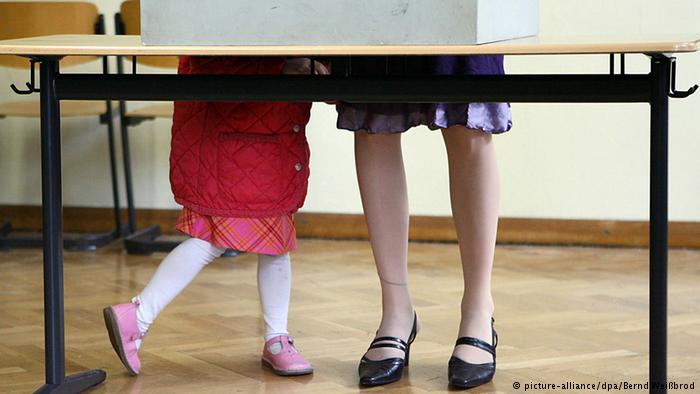Supreme to Spice: Who is the ultimate girl group?

The Spice Girls will return to the stage in 2019. While they’re often credited with bringing “girl power” to the mainstream, they’re not the only ones with a claim to the title of the ultimate girl band.
–
The Spice Girls: Manufactured girl power
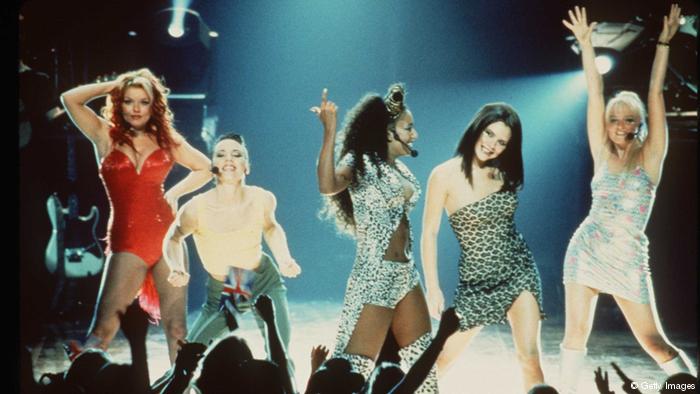
Sporty, Scary, Ginger, Posh and Baby — five Brits who stormed the 90s pop scene with their debut single Wannabe (1996), topping the charts in 37 countries. Their debut album Spice is still the biggest selling album by a girl group (85 million copies worldwide). The band confirmed that they are getting back together for a 2019 UK tour — but Victoria Beckham won’t be joining them.
–
The Supremes: Where it all began?
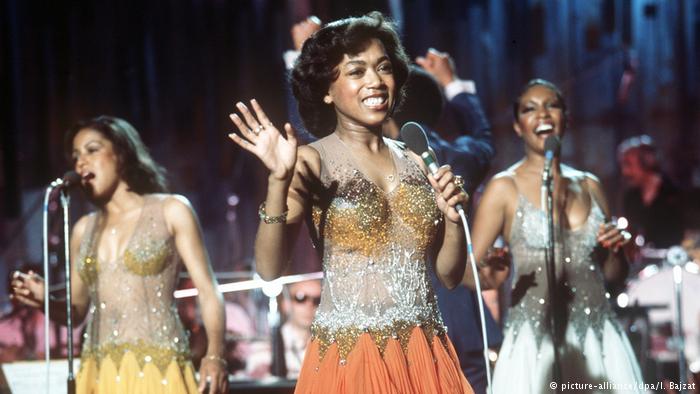
Three decades before the Spice Girls arrived, the Supremes were laying the groundwork for the rise of the girl band from within the Motown music scene. However, changes to the group’s lineup throughout the 60s led to internal tension. By 1970 the de facto leader of the group, Diana Ross (center), had left to pursue a solo career and the band broke up for good in 1977.
–
The Runaways: Girls wanna rock
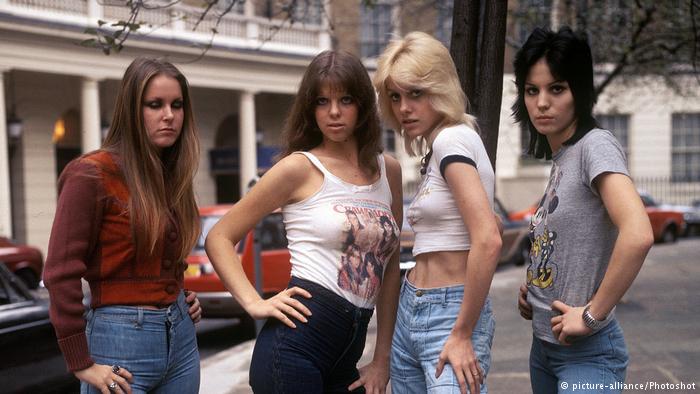
The self-proclaimed Queens of Noise brought some punk rock attitude to the girl-band genre, with lyrics like “I wanna fight how the boys fight, I wanna love how the boys love.” With a fluctuating line-up throughout the 70s, the group, who enjoyed more success abroad than at home in the US, eventually split in 1979. Founding member Micki Steele went on to join 80s pop-rock girl band the Bangles.
–
Destiny’s Child: Survivors
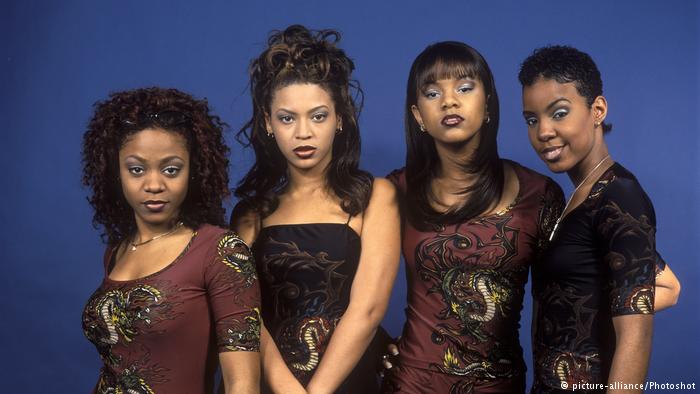
What the Spice Girls did for 90s girl power in pink platform heels and Union Jack mini dresses, Destiny’s Child did in camouflage print. The group, which went through various formations and names before settling as a trio headed up by Beyoncé Knowles, had fans around the world hooked on their version of urban pop. Enduring hits included “Independent Women,” “Survivor” and “Bootylicious.”
–
No Angels: Germany’s girl-power moment
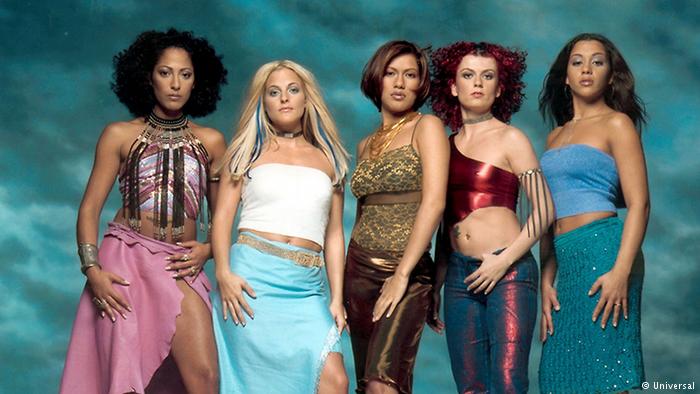
In the year 2000, TV singing contest Popstars delivered Germany’s most successful girl group to date. The quintet’s debut single “Daylight in your Eyes” (2000) did well across Europe, but subsequent splits and partial reunions would take their toll on the group. A disappointing result representing Germany at the Eurovision Song Contest in 2008 confirmed there was no going back to the glory days.
–
AKB48: Japanese idols
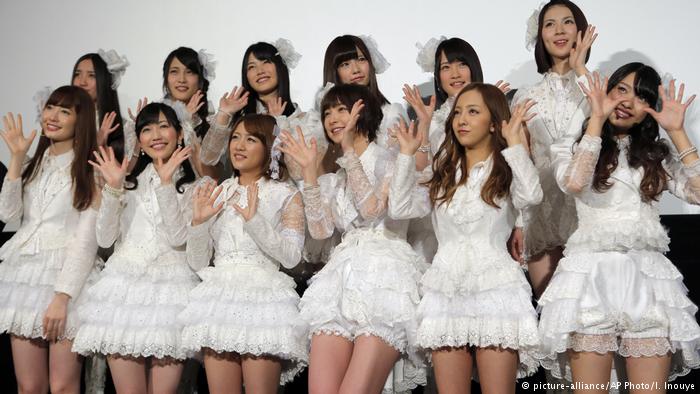
There are girl groups and then there are “idol” girl groups — young pop singers with a squeaky-clean image who are bundled together by shrewd producers. This particular Japanese idol group has more than 100 members (who perform in different constellations) and spin-off “sister” groups in other Asian countries. More than a decade after its formation, the AKB48 franchise is still going strong.
–
2NE1: K-pop takeover

Boy bands dominate the K-pop (South Korean pop) scene, but 2NE1 — who have sold more than 60 million records since they were founded in 2009 — certainly gave the boys a run for their money. Somewhat edgier than their Japanese idol counterparts, this South Korean foursome also enjoyed great success in Japan. They split in 2017 after releasing a final single, imaginatively entitled “Goodbye.”
–
TLC: Tomboy R&B
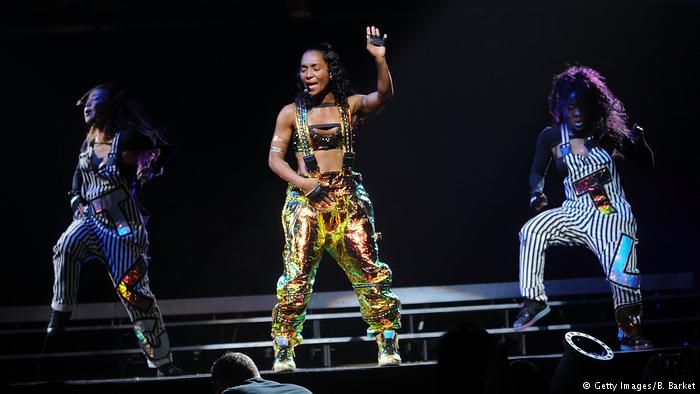
Another 90s success story, the US threesome’s biggest hits include “Waterfall” and “No Scrubs.” The band’s name is made up from the first letters of the members’ nicknames: T-Boz, Left Eye and Chilli (the “C” originally referred to founding member Crystal). After Lisa “Left Eye” Lopez died in a car crash in 2002, TLC continued as a duo and released an eponymous album just last year.
–
Little Mix: 21st-century girl band
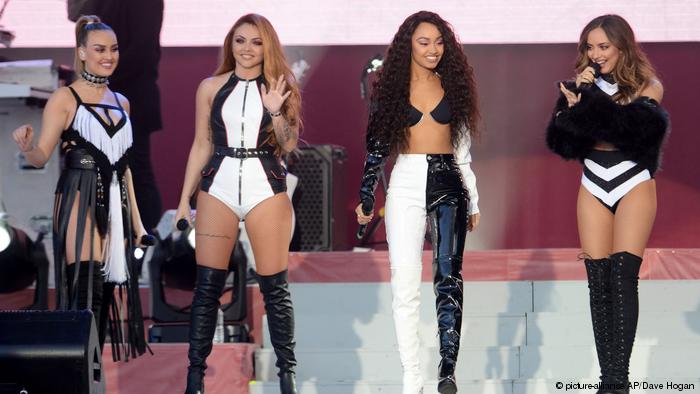
Proving that girl groups don’t belong in the 90s, British foursome Little Mix have enjoyed success on both sides of the Atlantic with hits such as “Wings” and “Black Magic.” Since winning the television singing contest The X Factor in the UK in 2011, the group has collaborated with artists like Missy Elliott and Jason Derulo. They have a strong online following who call themselves “mixers.”
–
Author: Rachel Stewart






